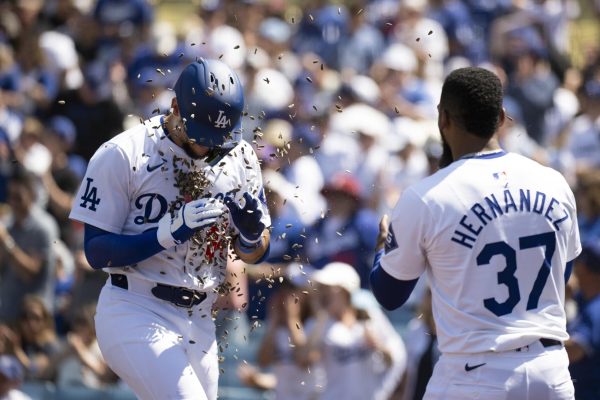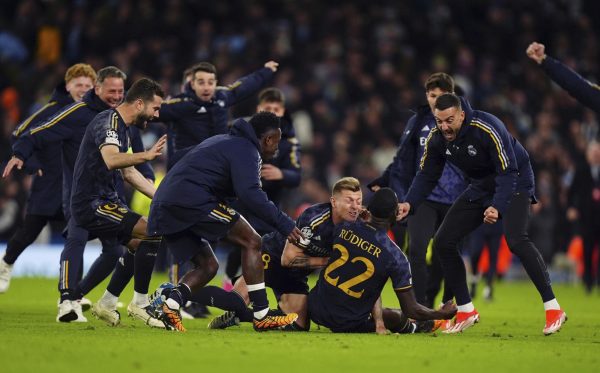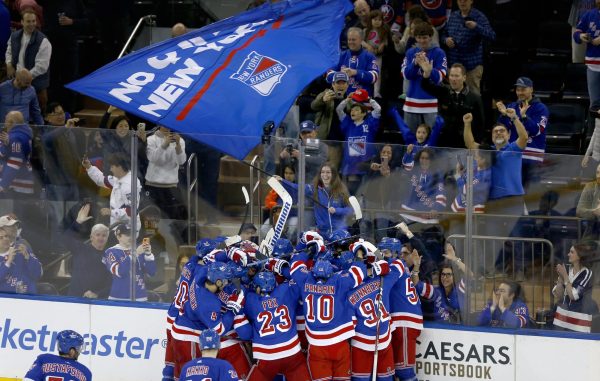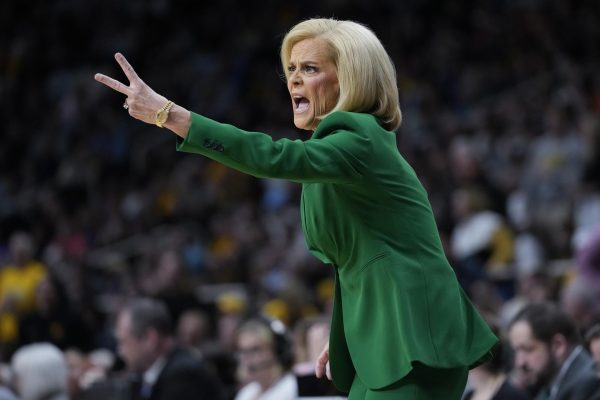Bradley’s Extension Signals Contentment with Mediocrity
In the weeks following the World Cup, there was a buzz around U.S. Soccer that Bob Bradley would be replaced as head coach after the United States disappointed its fans by crashing out in the tournament’s second round match against Ghana. Bradley was linked with managerial vacancies at Fulham and Aston Villa, both Premier League clubs in England. On Monday night, however, the United States Soccer Federation (USSF) announced that Bradley had signed a contract extension, keeping him at the helm of the team through the 2014 World Cup, an announcement met by a collective groan from
U.S.A. supporters.
In the official announcement, the USSF attempted to put a positive spin on Bradley’s four-year tenure at the helm of the national team. They lauded his accomplishment at the World Cup, where the Nats went unbeaten in group play, winning the first stage for the first time in 80 years. They noted his win in the 2007 CONCACAF Gold Cup and the team’s runner-up finish at the 2009 Confederations Cup.
All of this sounds nice, but every major accomplishment under Bradley can be chalked up to someone else’s mistake. A horrific offsides call against Canada allowed the United States to make the final of the Gold Cup, career-worst mistakes from Spain’s Joan Capdevila and Sergio Ramos sent the U.S. to the Confederations Cup final and Rob Green’s infamous goalkeeping blunder changed the course of the 2010 World Cup. Additionally, it took an epic collapse from Italy in their final match of the Confederations Cup group stage for the U.S. to make the semifinal, which resulted in the historic result over Spain.
For all of the perceived milestones of the Bradley era, much has remained unchanged. Despite grabbing an early lead against Mexico in August of 2009, the United States fell apart, continuing their notorious losing streak in the Estadio Azteca. This result came less than two months after the Nats imploded in the second half of the Confederations Cup final by squandering a 2-0 halftime lead against Brazil and eventually falling 3-2 and keeping the United States’ trophy case empty of a FIFA title.
Lack of change and underachievement have characterized the last four years for the United States’ national team. Though Bradley has played 93 different players in the national team colors since taking over, his teams continue to follow the exact same formula. Allowing early goals has plagued Bradley’s teams. In the Nats’ last 14 World Cup qualifying and World Cup matches, the U.S. has allowed a total of nine goals in the first 20 minutes of matches. In a game where scoring obviously comes at a premium, being behind the eight-ball that early in matches is a huge setback and has cost the United States dearly on a number of occasions.
The players on the field, however early they fall behind, always seem to rally, but this seems to be a testament to the character of the players rather than the motivating ability of Bradley himself. The United States is led by fiery characters such as Tim Howard, Landon Donovan, Clint Dempsey and the coach’s son, Michael Bradley, who clearly take charge of matters on the field and drive the team forward. No matter the game, no matter the importance, the further away from Bradley’s influence the players are, the better they perform.
To be fair, it would be wrong, even as a fan, to suggest that the United States is, in its present state, capable of winning the World Cup. While the country possesses a number of talented players, there is no way that they are of the same caliber as players from Spain, Argentina, or even Portugal. What remains frustrating to American supporters, however, is that it seems like every loss comes from a tactical error, whether it is a playing strategy or a controversial starter making a colossal gaffe. The team’s ultra-defensive outlook in the second half of the Brazil match exemplifies the former. For the latter, there is no need to look further than the role of Ricardo Clark in the second-round match against Ghana.
Throughout the World Cup and in the months leading up to the tournament, Maurice Edu had been a rock in the center of midfield for both the United States and his club team, the Rangers (Scotland). Clark, on the other hand, had been mostly injured since his January transfer to Eintracht Frankfurt (Germany), and was clearly not sharp when he played. Still, Bradley chose to start Clark in the crucial knockout-round match. Clark responded by allowing a turnover at midfield in the first five minutes that left the American defense badly exposed and gave Ghana a 1-0 lead, forcing the United States to fight against the current for the rest of the match.
Perhaps Bradley will learn from his past mistakes and surprise us all over the next four years. If he fails to, however, American fans are in for frustration. Where other countries’ fans can assume that their national team manager will be fired after either failing to qualify, or by performing poorly in a major tournament, Sam’s Army has no such luxury. So what is failure for the United States? The chances of the team losing to someone like Guatemala in the Gold Cup, a tournament always hosted in the United States, is minimal. And even if it happened, would the USSF even care that much? If losing to Ghana in the World Cup was not enough to end Bradley’s tenure as head coach, it seems that nothing short of catastrophe will. As a huge supporter of the national team, I truly hope that Bradley is the man to lead the team to glory over the next four years. What we will see, however, will be more promise, dreams of the ultimate American success, but in the end, nothing but
crushing disappointment.








